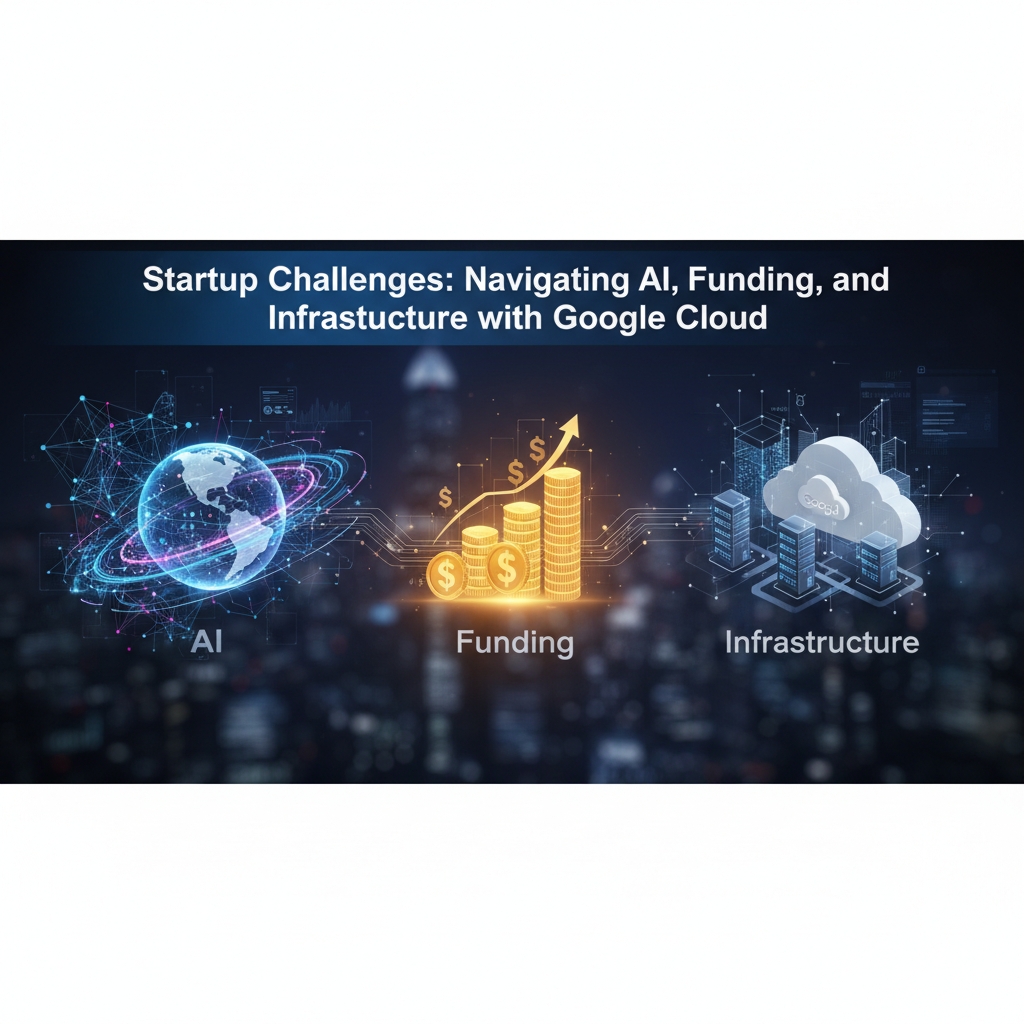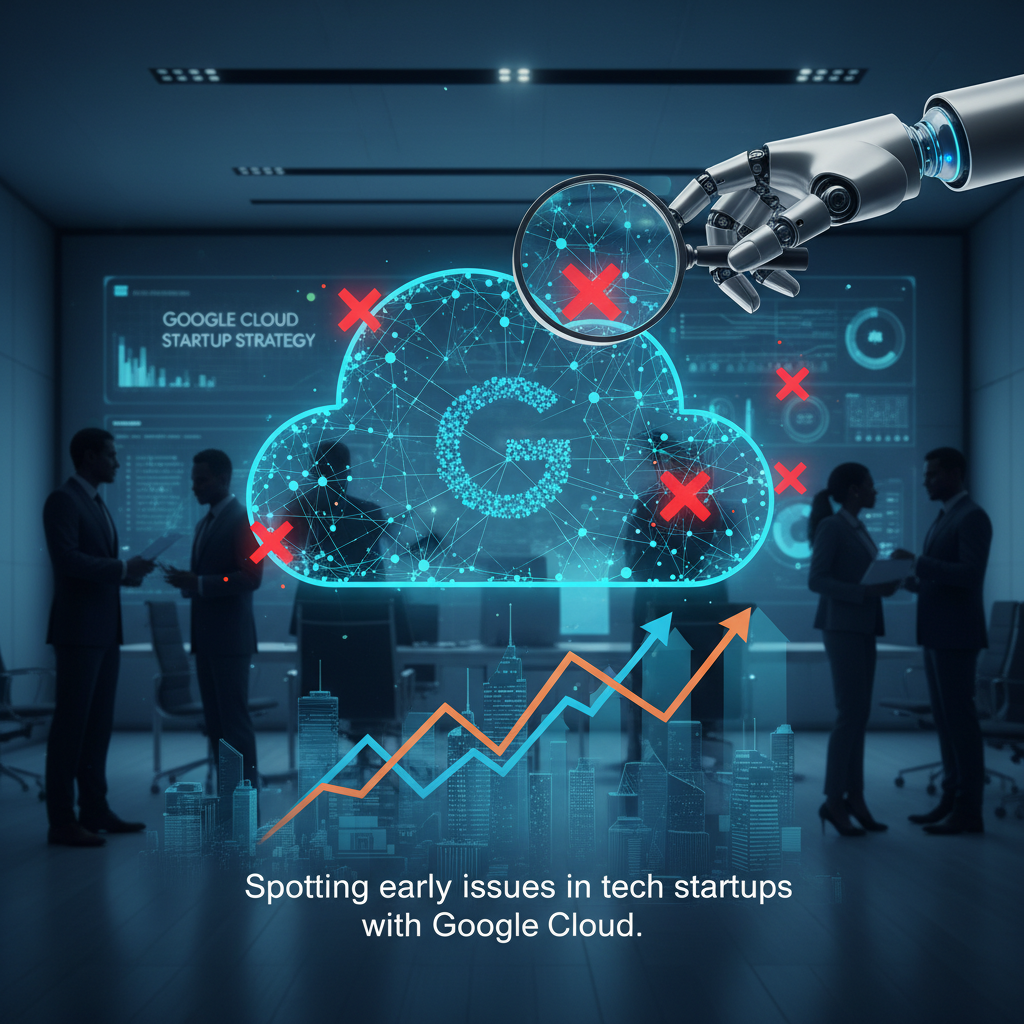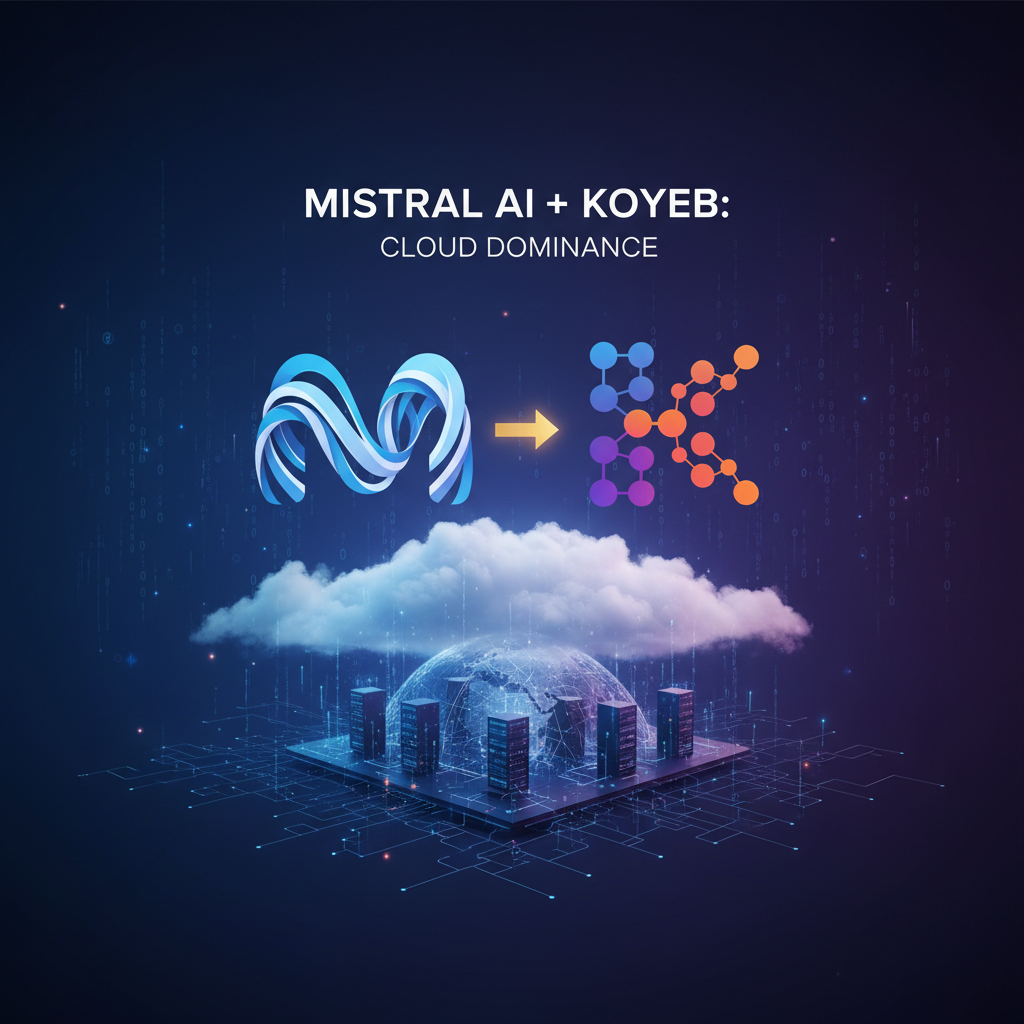Is Your Startup Ready? Navigating Challenges with Google Cloud
The startup landscape is a pressure cooker. Founders are expected to move at warp speed, leverage cutting-edge technologies like AI, and demonstrate tangible results – all while navigating tighter funding environments and rising infrastructure costs. As Google Cloud’s VP knows, this balancing act requires strategic foresight, especially when it comes to early infrastructure decisions. This article will delve into the core challenges startups face and how they can proactively address them.
The Accelerating Pace of Innovation
The push to adopt AI, secure funding, and optimize infrastructure is unrelenting. The availability of cloud credits, access to GPUs, and the rise of foundation models have made it easier than ever to get started. However, as startups scale and move beyond the initial stages, those early choices can have significant and often unforeseen consequences. The challenge lies in making informed decisions that will support growth without becoming a bottleneck.
Key Challenges Facing Startups
Several critical factors are shaping the startup journey, as highlighted by Google Cloud’s VP. These include:
- Funding Constraints: Securing capital is always a top priority, and the current economic climate adds further pressure. Startups must be incredibly efficient with their resources, including infrastructure spending.
- Rising Infrastructure Costs: As a startup grows, so does its demand for computing power, storage, and other resources. Managing these costs effectively is crucial for long-term sustainability.
- Pressure to Demonstrate Traction: Investors want to see results quickly. Startups need to show real progress and prove their value proposition to secure subsequent rounds of funding.
Addressing these challenges requires a proactive and strategic approach. It’s not just about getting started; it’s about building a scalable and cost-effective foundation that can support long-term growth.
How Startups Can Navigate the Road Ahead
Google Cloud’s VP likely emphasizes several key strategies for success. While the specific advice isn’t detailed in the provided context, we can infer some essential steps:
- Strategic Cloud Adoption: Leverage cloud credits, GPUs, and foundation models to accelerate development and reduce upfront costs. Careful planning is essential.
- Cost Optimization: Continuously monitor and optimize infrastructure spending. Look for ways to improve efficiency and reduce waste.
- Scalability Planning: Design infrastructure with scalability in mind from the outset. Consider future growth and anticipate the need for increased resources.
- Focus on Key Metrics: Prioritize metrics that demonstrate traction and progress. This will help attract investors and build momentum.
By focusing on these areas, startups can position themselves for success and navigate the complex challenges of the modern tech landscape.
The Role of Google Cloud
Google Cloud offers various tools and services that can assist startups in overcoming these challenges. The platform’s capabilities in AI, machine learning, and data analytics can be leveraged to gain a competitive edge. Moreover, Google Cloud’s focus on cost optimization and scalability makes it an attractive option for startups looking to build a robust and efficient infrastructure.
Conclusion
The startup journey is demanding, but it’s also incredibly rewarding. By understanding the challenges, embracing strategic planning, and leveraging the right tools and resources, startups can increase their chances of success. The insights from Google Cloud’s VP offer valuable guidance for navigating this complex landscape. Startups must be proactive and make informed decisions about their infrastructure to ensure they are well-positioned for growth.








